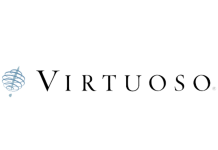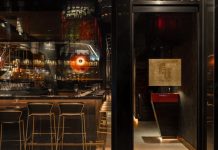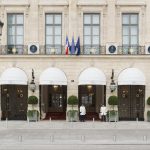In the ever-evolving landscape of luxury hospitality, a paradigm shift is underway. As Generations Y and Z ascend to dominate the market, their perception of luxury is transforming. No longer defined solely by material possessions, they seek personalized, meaningful experiences that resonate with their identity and values.
To address this shift, luxury hospitality firms must leverage data and technology to craft bespoke offerings. Immersive experiences that immerse clients in their environment, sharing brand heritage through narratives, and offering guest-specific itineraries are essential practices. Concierge services for vacation planning and personal shopping cater to individual desires, while data-driven insights ensure accommodations and services align with guests' preferences.
The boundaries between luxury hospitality and retail are blurring, creating opportunities for unique collaborations. From Four Seasons offering premium watches to Audemars Piguet constructing a hotel in their hometown, brands are creating unforgettable experiences beyond traditional offerings. This access-based, dematerialized approach satisfies the desire for connection to the brand rather than acquiring costly products.
However, balancing exclusivity with rising demand presents a significant challenge. While global demand for physical luxury items soars, luxury brands grapple with maintaining their uniqueness. Some adopt waiting lists, but this can lead to frustrated potential buyers. A dual management system, like Park Hyatt's, or a focus on exceptional client experiences, offers avenues to preserve exclusivity.
Aman Resorts exemplifies the art of blending exclusivity with expansion. By maintaining a meticulous guest file and emphasizing their brand's principles, Aman has grown to 34 resorts in 20 destinations. Their distinctive approach has garnered a fiercely loyal following, demonstrating the power of brand identity.
Sustainability, once optional, is now imperative in the luxury industry. However, it clashes with the space and opulence associated with luxury experiences. Private flights, a hallmark of luxury travel, emit substantially more pollution, challenging the notion of sustainable luxury.
Soneva, an early advocate of sustainable luxury, showcases a harmonious approach. With a focus on intelligent luxury and disconnecting from urban life, they pioneered practices like prohibiting plastic straws and creating reusable glass bottles. By measuring and offsetting emissions, Soneva proves that luxury and sustainability can coexist.
By striking a balance between exclusivity and demand, luxury brands can thrive in an era defined by the desires and values of the new generation of consumers.

























